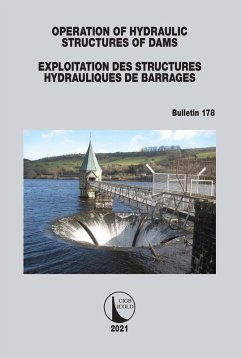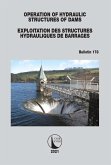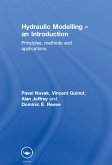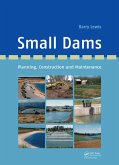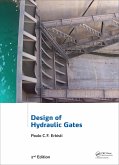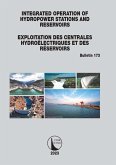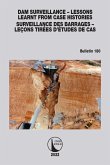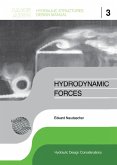This update of Bulletin 49A (1986) addresses the need for safe reservoir discharge under a variety of conditions, the dam operator's staffing, evaluation (inspection) of the condition of operating equipment, and operation during unusual or extreme conditions.
Dieser Download kann aus rechtlichen Gründen nur mit Rechnungsadresse in A, B, BG, CY, CZ, D, DK, EW, E, FIN, F, GR, HR, H, IRL, I, LT, L, LR, M, NL, PL, P, R, S, SLO, SK ausgeliefert werden.

